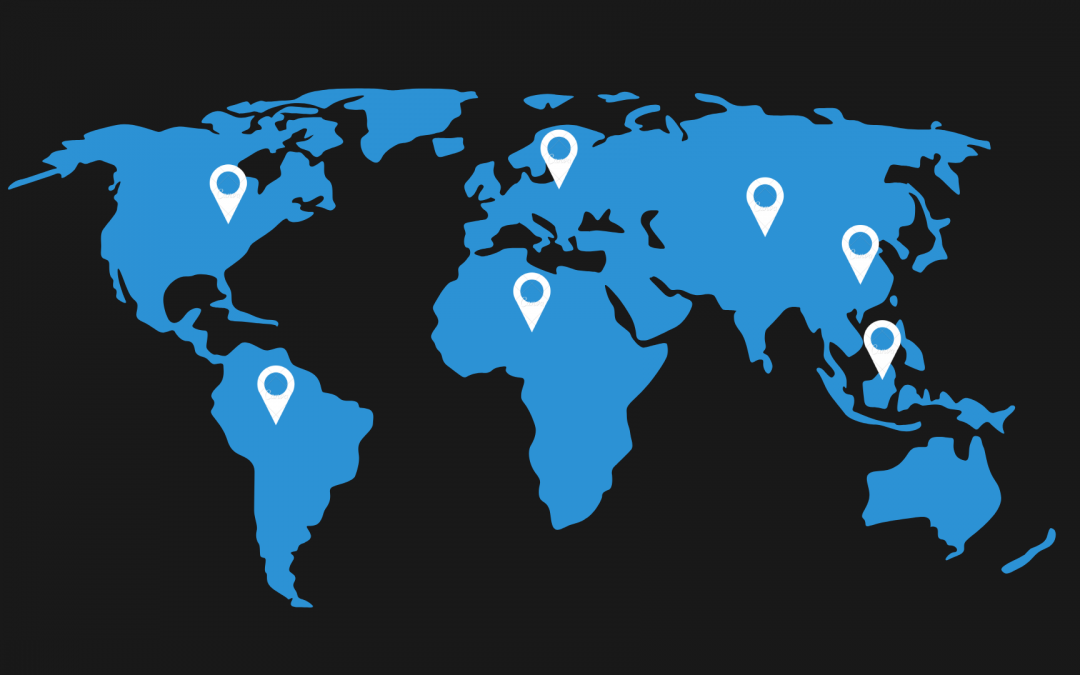75% startups in Taiwan eye global expansion — what are the opportunities and challenges?

If you’re an entrepreneur or a startup founder from Taiwan, you may constantly be told to think big and outside of the island — after all, it’s a country with a small population and almost saturated market.
The trend for startups to go global is reflected in Business Next’s annual report on Taiwan’s startup ecosystem: among the surveyed 200+ startups, 74.9% have been either operating globally (26%) or planning on expanding overseas soon (48.9%).
The top three foreign markets startups are planning to expand to are: Southeast Asia (41.7%), Japan (33%), and China (33%), followed by the US (24.2%), Korea (11.6%), and Europe (7.7%).
It’s the demographic dividend, growing penetration of smartphones and the Internet that drives them to Southeast Asia. According to a latest research by Google, Temasek, and Bain & Company, the Internet economy in SEA will triple in size and hit a whopping $300B by 2025. And there are emerging opportunities in many more industries due to those factors.
As a result, it’s not surprising to learn that the predominant reason for the surveyed to expand globally is to explore a bigger/new market and expand user base, as confirmed by 95.5%. 25% go abroad to find investors.
But localization remains one of the biggest challenges for these startups, especially in Southeast Asia, a region consisting of countries with distinct culture and language. There’s no one-size-fits-all strategy to develop each of these markets.
Among the surveyed, 37.3% encounter the greatest difficulty in dealing with language and cultural barriers; 20.8% say they find it the most challenging to adapt their business models to meet different market needs.
Localization is equally important in mature markets like Japan. That’s why travel startup KKday hired a group of Japanese in Taiwan to rewrite its web content before expanding to Japan, and diabetes tracking app company Health2Sync added a Japanese marketing director to their team to make sure their products are attractive for local customers.
Besides challenges of localization,18.3% and 12.6% say they have difficulties in seeking funding and finding talent, respectively.
〔Original :Meet Startup @ TW〕
https://meet.bnext.com.tw/intl/articles/view/45862